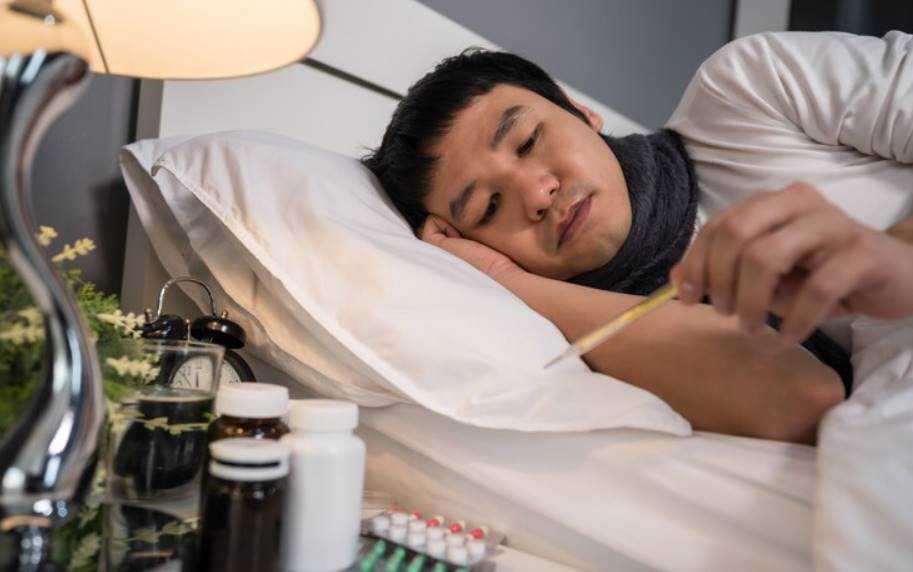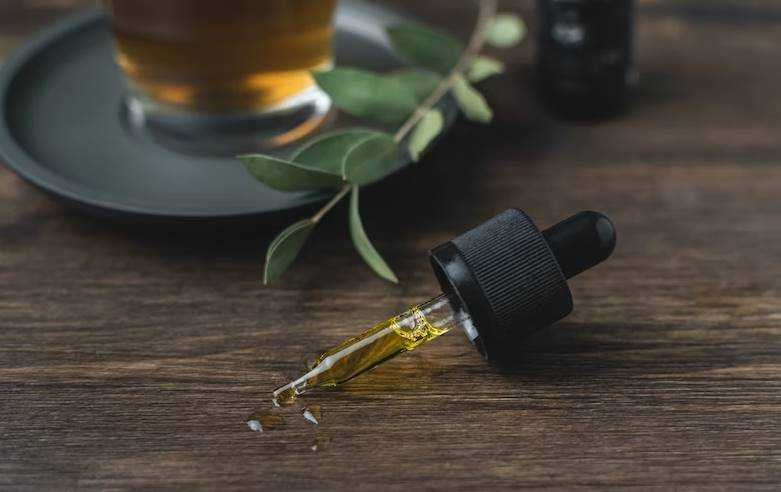Most individuals are turning to CBD as a potential treatment for anxiety, but there is a lot of misinformation out there. In this blog post, we will probe into the scientific evidence behind CBD’s efficacy in treating anxiety, debunk common myths and misconceptions, and provide crucial information on how to use CBD for anxiety effectively and safely. By the end of this post, you will have a clearer understanding of what CBD can and cannot do for your anxiety.
Key Takeaways:
- Understanding CBD: CBD is a non-psychoactive compound that interacts with the endocannabinoid system to regulate physiological processes.
- CBD for Anxiety: Research suggests that CBD may help reduce anxiety symptoms by modulating the endocannabinoid system and increasing serotonin levels.
- Common Myths and Misconceptions: CBD is not a “miracle cure” for anxiety, nor is it addictive. It can help reduce anxiety symptoms without producing a high or sedative effect.
- Using CBD for Anxiety: Choosing a high-quality CBD product, understanding dosage considerations, potential side effects, and interactions with medications are crucial when using CBD for anxiety.
Understanding CBD
What is CBD?
CBD is crucial when considering its role in anxiety treatment. CBD, short for Cannabidiol, is a natural compound found in the Cannabis plant. Unlike its counterpart THC, CBD is non-psychoactive, meaning it does not produce a high sensation. Instead, CBD interacts with the endocannabinoid system in your body, which regulates various physiological processes, including mood, stress, and anxiety.
How Does CBD Work for Anxiety?
In terms of anxiety, CBD may help by modulating the endocannabinoid system and increasing serotonin levels in the brain. Serotonin is a neurotransmitter that plays a key role in regulating mood and anxiety. Research suggests that CBD’s interaction with these systems can potentially reduce anxiety symptoms and promote a sense of calmness without the side effects of traditional anti-anxiety medications.
The scientific evidence supporting CBD’s efficacy for anxiety is promising, but it’s vital to note that individual responses to CBD can vary. Factors such as dosage, product quality, and the severity of your anxiety symptoms can impact how well CBD works for you. It’s recommended to start with a low dose and gradually increase it while monitoring your response to find the most effective dosage for your needs.

CBD for Anxiety: The Scientific Evidence
Research on CBD and Anxiety
One of the key reasons CBD has garnered attention as a potential treatment for anxiety is its interaction with the endocannabinoid system, which plays a crucial role in regulating various physiological processes. Research suggests that CBD may help reduce anxiety symptoms by modulating this system and increasing serotonin levels. Serotonin is a neurotransmitter known to play a role in mood regulation, and its deficiency has been linked to anxiety disorders. Therefore, the ability of CBD to increase serotonin levels may contribute to its anxiolytic effects.
Mechanisms of CBD in Anxiety Relief
An understanding of how CBD interacts with the endocannabinoid system can shed light on its potential mechanisms of action in anxiety relief. One of the ways CBD may alleviate anxiety is by activating the 5-HT1A serotonin receptor, which is involved in the mediation of anxiety and depression. By modulating this receptor, CBD can exert its anxiolytic effects, helping to reduce feelings of anxiety and promote a sense of calmness.
CBD’s ability to modulate GABA receptors, which are involved in the regulation of neurotransmitter release, may also contribute to its anti-anxiety properties. GABA is an inhibitory neurotransmitter that helps reduce neuronal excitability, thereby promoting relaxation and reducing anxiety symptoms.
Common myths and misconceptions about CBD for Anxiety
After understanding the basics of CBD and its potential benefits for anxiety, it is important to address some common myths and misconceptions surrounding CBD as an anxiety treatment.
Disproving CBD Myths
Anxiety might lead you to believe that CBD is a cure-all solution, but it is imperative to debunk this myth. While research suggests that CBD may help reduce anxiety symptoms by modulating the endocannabinoid system and increasing serotonin levels, it is not a “miracle cure” for anxiety. Despite its association with cannabis, CBD is non-psychoactive and non-addictive, so you can use it to help manage anxiety symptoms without worrying about developing a dependency.
Addressing Safety Concerns
To address safety concerns, it is crucial to choose a high-quality CBD product for anxiety treatment. You may have heard about potential side effects and interactions with medications when using CBD, but with proper dosage considerations and understanding of these factors, you can minimize any risks involved. Always consult with a healthcare professional before incorporating CBD into your anxiety treatment plan to ensure it is safe and effective for you.
Using CBD for Anxiety
Choosing Quality CBD Products
Keep in mind that choosing a high-quality CBD product is vital when using it for anxiety. Look for products that are third-party tested and have clear labeling regarding CBD content and ingredients. Opt for CBD products derived from organic hemp to ensure quality and purity. By selecting a reputable brand, you can trust the product’s potency and safety for your anxiety treatment.
Dosage Considerations and Potential Side Effects
Anxiety, when it comes to using CBD for anxiety, finding the right dosage is key. Start with a low dose and gradually increase it until you find the optimal amount that provides relief without causing side effects. It’s important to note that CBD is generally well-tolerated, but some individuals may experience minor side effects such as dry mouth, drowsiness, or changes in appetite. Be aware of how your body responds to CBD and adjust the dosage accordingly.
FAQ
Q: What is CBD?
A: CBD is a natural, non-psychoactive compound found in the Cannabis plant that interacts with the endocannabinoid system to regulate various physiological processes.
Q: How does CBD help with anxiety?
A: Research suggests that CBD may help reduce anxiety symptoms by modulating the endocannabinoid system and increasing serotonin levels.
Q: Is CBD a miracle cure for anxiety?
A: No, CBD is not a “miracle cure” for anxiety. While it can help reduce symptoms, it is not a guaranteed cure and should be used in conjunction with professional medical care.
Q: Is CBD addictive?
A: CBD is not addictive. It does not produce a high or sedative effect like THC, another compound found in Cannabis.
Q: How should I use CBD for anxiety?
A: When using CBD for anxiety, it is important to choose a high-quality product, understand dosage considerations, potential side effects, and interactions with medications. Consulting with a healthcare professional is recommended.


























